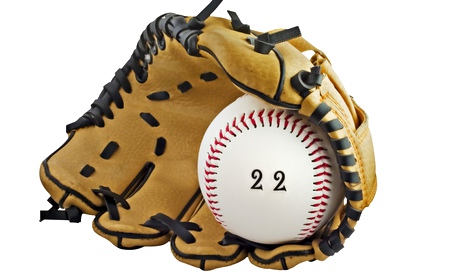
I have long been interested in words but most specifically in the question of how a coinage makes it into the larger language, especially at a time when the English language seems to have more than enough words to sustain itself. It is one thing to create a new word or catchphrase and quite another for one of your lexical offspring to find acceptance. As John Moore wrote in his book, You English Words: “The odds against a new word surviving must be longer than those against a great oak tree growing from any given acorn.”
I began collecting Authorisms – words, phrases or names created by a writer – more than a decade ago using a number of resources to determine the actual author of a given instance. Most of my word sleuthing took place in the Library of Congress where I consulted many printed and electronic sources. William Shakespeare whose written vocabulary consisted of 17, 245 words included hundreds of authorisms. Some of them, true nonce words, never went further than their appearance in his plays, but others – like bump, hurry, critical, and road — are essential parts of our standard vocabulary today. With many other examples to choose from here are my 10 favourites.
More
I began collecting Authorisms – words, phrases or names created by a writer – more than a decade ago using a number of resources to determine the actual author of a given instance. Most of my word sleuthing took place in the Library of Congress where I consulted many printed and electronic sources. William Shakespeare whose written vocabulary consisted of 17, 245 words included hundreds of authorisms. Some of them, true nonce words, never went further than their appearance in his plays, but others – like bump, hurry, critical, and road — are essential parts of our standard vocabulary today. With many other examples to choose from here are my 10 favourites.
1. Banana Republic
A politically unstable, undemocratic and tropical nation whose economy is largely dependent on the export of a single limited-resource product, such as a fruit or a mineral. The pejorative term was coined by O Henry (William Sidney Porter) in his 1904 collection of short stories entitled Cabbages and Kings.2. Beatnik
This one was created by San Francisco Chronicle columnist Herb Caen in his column of April 2, 1958 about a party for “50 beatniks.” Caen was later quoted, “I coined the word ‘beatnik’ simply because Russia’s Sputnik satellite was aloft at the time and the word popped out.”More
No comments:
Post a Comment